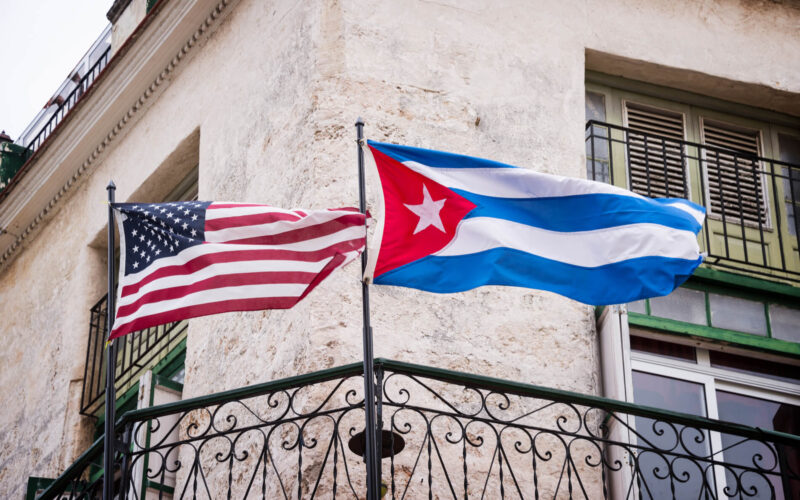Two US companies were denied permission to deliver humanitarian cargo flights to Cuba. What’s the future for the tense US-Cuba relationship?
The Transportation Department said the State Department denied the exemption determining the flights “would not be in the foreign policy interests of the United States,” thereby denying the exemption.
Skyway, one of the companies that applied for operating cargo flights, argued that such flights of humanitarian nature are of great importance during the coronavirus crisis. The cargo flights were supposed to ship small or personal parcels containing food, medicine, hygiene, and medical supplies, according to Reuters.
In Cuba the pandemic resulted in significant shortages of food and medical supplies. The country is highly affected by fierce US sanctions, the pandemic and its own inefficiencies. It faces mounting debt and budget deficits. During the pandemic, residents started growing their own food or had to shop in government-run stores and eateries with high prices.
US sanctions against Cuba
The Trump Administration has been continuously increasing restrictions on travel to Cuba since 2017. In August 2020, the Department of Transportation, at the request of the Department of State, suspended private charter flights to all Cuban cities from October 13, 2020. The suspension has a goal to increase American economic pressure on the Cuban government.
“The Castro regime uses tourism and travel funds to finance its abuses and interference in Venezuela. Dictators cannot be allowed to benefit from U.S. travel,” said US Secretary of State Mike Pompeo in August 2020. “This Administration will continue to target and cut the revenue the Cuban government earns from landing fees, stays in regime-owned hotels, and other travel-related income.”
The Trump administration also made it harder for Cubans to visit family in Florida by pulling staff members from its embassy in Havana, claiming that US diplomats working there had been attacked.
In 2014, the Obama administration eliminated most restrictions on Cuba-US travel. According to the Congressional Research Service (CRS) report, the Administration also negotiated a bilateral arrangement to permit regularly scheduled flights to Cuba that began in 2016. The number of non-Cuban American US visitors jumped six-fold, from 92,325 in 2014 to a peak of 637,907 in 2018.
Biden to improve US-Cuba relationships?
The newly elected president Joe Biden, during his campaign said he would reverse Trumps’ policies on Cuba. “I’d try to reverse the failed Trump policies, it inflicted harm on Cubans and their families,” Biden said. “It’s done nothing to advance democracy and human rights, on the contrary, the crackdown on Cubans by the regime has gotten worse under Trump, not better.”
In November 2020, Cubans openly celebrated when Biden won the election, and the Cuban government has signaled its willingness to improve relations. Cuban President Miguel Diaz-Canel also acknowledged Biden’s victory in the US presidential elections, tweeting that his government recognized “the people of the United States have chosen a new direction”.

